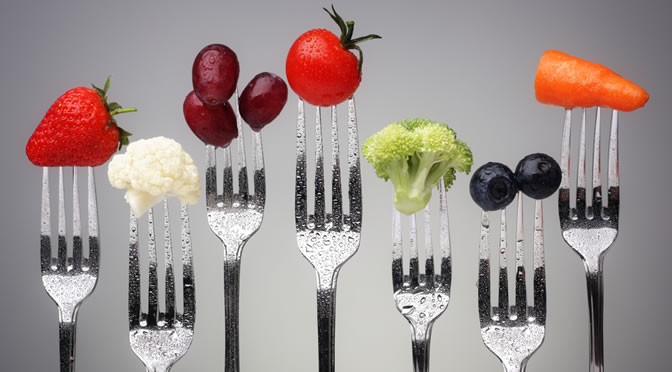A component of red wine, dark chocolate and green tea could improve chemotherapy.
The antioxidants resveratrol and quercetin can improve the effectiveness of chemotherapy, a new study finds.
Quercetin is found in high level in some berries, fruits, vegetables, leafy greens and capers.
Resveratrol is found in red wine, grapes, dark chocolate, green tea, some fruits and berries.
Resveratrol may be one of the reasons for the so-called “French paradox”.
The French, despite a diet high in fats, have a low incidence of cardiovascular disease.
The new study published in the Journal of Controlled Release suggests that resveratrol and quercetin may be valuable far beyond explaining the French paradox (Cote et al., 2015).
Researchers at Oregon State University have developed a system to improve the absorption of these polyphenols (resveratrol and quercetin) in the body.
This method makes these nutrients water-soluble, which means they can be injected into the blood.
Then the body will absorb much higher levels compared to oral intake.
Resveratrol and quercetin appear to be safe at high concentrations in the body.
High amounts of resveratrol and quercetin reduced the cardiac toxicity of Adriamycin, a very widely used cancer drug, the researchers found.
Currently, Adriamycin can only be used for a limited time in patients, even though this drug is highly effective in the treatment of breast, ovarian, lymphomas, and other cancers.
Dr Adam Alani, the lead author of the research, explained several advantages to using this system:
“We can finally reach clinical levels of these polyphenols in the body.
We can load both the compounds at one time to help control the cardiotoxicity of the cancer drug, and we can help the polyphenols accumulate in cancer cells where they have their own anti-cancer properties.
This is like hitting three birds with one stone, it has great potential.”
Fruit image from Shutterstock
